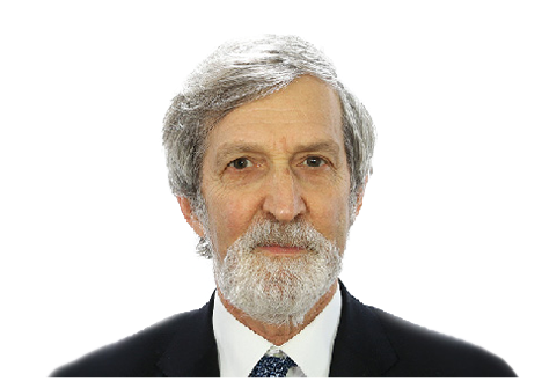CV
Shimon Stein, a senior researcher (Emeritus) at INSS, joined the Institute’s research staff after a long career in the Foreign Service. He served as Israel's ambassador to Germany (2001-7). Prior to this appointment he served as head of the division on arms proliferation, arms control, disarmament, and regional security, and served in the Ministry of Foreign Affairs as deputy director general for the CIS, as well as Eastern and Central Europe. Ambassador Stein held additional MFA posts in Washington, Germany, and Israel, and was a member of Israel’s delegation to multilateral negotiations on arms control.
Ambassador Stein is currently an international consultant. He also publishes articles on current affairs in the German and Americans media.



